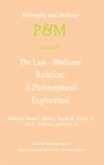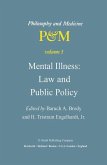Interest in theories of virtue and the place of virtues in the moral life con tinues to grow. Nicolai Hartmann [7], George F. Thomas [20], G. E. M. Anscombe [1], and G. H. von Wright [21], for example, called to our atten tion decades ago that virtue had become a neglected topic in modem ethics. The challenge implicit in these sorts of reminders to rediscover the contribu tion that the notion of virtue can make to moral reasoning, moral character, and moral judgment has not gone unattended. Arthur Dyck [3] , P. T. Geach [5], Josef Pieper (16], David Hamed [6], and, most notably, Stanley Hauerwas [8-11], in the theological community, have analyzed or utilized in their work virtue-based theories of morality. Philosophical probings have come from Lawrance Becker [2], Philippa Foot [4], Edmund Pincoffs [17], James Wallace [22], and most notably, Alasdair MacIntyre [12-14]. Draw ing upon and revising mainly ancient and medieval sources, these and other commentators have ignited what appears to be the beginning of a sustained examination of virtue.
Hinweis: Dieser Artikel kann nur an eine deutsche Lieferadresse ausgeliefert werden.
Hinweis: Dieser Artikel kann nur an eine deutsche Lieferadresse ausgeliefert werden.









